COURSE OVERVIEW
RE0010 : Certified Maintenance Auditor (CMA)
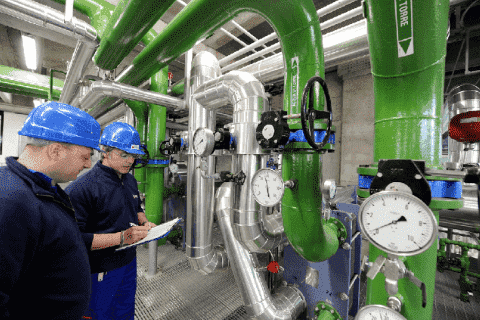
OVERVIEW
| COURSE TITLE | : | RE0010 : Certified Maintenance Auditor (CMA) |
| COURSE DATE | : | Nov 17 - Nov 21 2024 |
| DURATION | : | 5 Days |
| INSTRUCTOR | : | Mr. Andrew Ladwig |
| VENUE | : | Abu Dhabi, UAE |
| COURSE FEE | : | $ 5500 |
| Register For Course Outline | ||
OTHER SCHEDULED DATES
| Date | : | Mar 03 - Mar 07 (5 Days) | Location | : | Doha, Qatar | Classroom Fee (US$) | : | $ 6000 | Course Info |
| Date | : | Apr 21 - Apr 25 (5 Days) | Location | : | Istanbul, Turkey | Classroom Fee (US$) | : | $ 6000 | Course Info |
| Date | : | May 19 - May 23 (5 Days) | Location | : | Al Khobar, KSA | Classroom Fee (US$) | : | $ 5500 | Course Info |
| Date | : | Jun 02 - Jun 06 (5 Days) | Location | : | Dubai, UAE | Classroom Fee (US$) | : | $ 5500 | Course Info |
| Date | : | Jul 07 - Jul 11 (5 Days) | Location | : | Al Khobar, KSA | Classroom Fee (US$) | : | $ 5500 | Course Info |
| Date | : | Jul 07 - Jul 11 (5 Days) | Location | : | Al Khobar, KSA | Classroom Fee (US$) | : | $ 5500 | Course Info |
| Date | : | Jul 08 - Jul 12 (5 Days) | Location | : | Dubai, UAE | Classroom Fee (US$) | : | $ 5500 | Course Info |
| Date | : | Aug 11 - Aug 15 (5 Days) | Location | : | Dubai, UAE | Classroom Fee (US$) | : | $ 5500 | Course Info |
| Date | : | Sep 08 - Sep 12 (5 Days) | Location | : | Abu Dhabi, UAE | Classroom Fee (US$) | : | $ 5500 | Course Info |
| Date | : | Oct 13 - Oct 17 (5 Days) | Location | : | Dubai, UAE | Classroom Fee (US$) | : | $ 5500 | Course Info |
| Date | : | Nov 17 - Nov 21 (5 Days) | Location | : | Dubai, UAE | Classroom Fee (US$) | : | $ 5500 | Course Info |
| Date | : | Dec 09 - Dec 13 (5 Days) | Location | : | Abu Dhabi, UAE | Classroom Fee (US$) | : | $ 5500 | Course Info |
| Date | : | Dec 22 - Dec 26 (5 Days) | Location | : | Dubai, UAE | Classroom Fee (US$) | : | $ 5500 | Course Info |
Course Description
This practical and highly-interactive course includes real-life case studies and exercises where participants will be engaged in a series of interactive small groups and class workshops. Recent competitive trends have been pushing companies to reconsider the impact and importance of increasing equipment availability, utilization and resource utilization, and increasing quality and responsiveness of maintenance services in achieving World Class Status to meet world competition. It has been estimated that of the over 600 billion dollars per year spent on maintenance, more than one third 200 billion dollars is wasted! Wasted due to poor management of resources, poor measurement and control of labor, material, capital! Not only that: Maintenance costs are higher than managers realize, because although they think the costs of doing maintenance are high, they dont often realize the costs of not doing maintenance right are even higher. Perhaps as much as 15 to 40 percent of total product cost (due to the hidden, costs such as breakdowns, lost production, lost time, late delivery, disorder, poor quality, high rework)! Think about it, most managers think of maintenance as a cost, a necessary evil.Costs are something to be minimized, even eliminated, if possible. But everyone knows you cant eliminate maintenance. The plant would come to a screeching halt. No, you must optimize the maintenance function, not minimize it. But to optimize maintenance means you must develop more meaningful, contribution-based measurements. This comprehensive course will show you how to initiate and sustain a process of maintenance performance improvement; a process in which maintenance is recognized as critical to the overall production strategy by which your plant provides the product to the customer at a quality he wants and a price they are willing to pay. This course is devoted to helping you understand how to improve performance through more effective measurement systems such as Auditing and Benchmarking. Heres a road map to get you from where you are to where you need to be! Here are some practical guidelines, tools, and techniques that will enable maintenance and production managers to develop consistent, useful, and relevant measures of performance as they strive for world class status. The course includes an e-book entitled ?Maintenance Benchmarking and Best Practices?, published by McGraw-Hill Professional, which will be given to the participants to help them appreciate the principles presented in the course link to course overview PDF
TRAINING METHODOLOGY
This interactive training course includes the following training methodologies as a percentage of the total tuition hours
LecturesWorkshops & Work Presentations
Case Studies & Practical Exercises
Videos, Software & Simulators
In an unlikely event, the course instructor may modify the above training methodology before or during the course for technical reasons.
VIRTUAL TRAINING (IF APPLICABLE)
If this course is delivered online as a Virtual Training, the following limitations will be applicable
| Certificates | : | Only soft copy certificates will be issued to participants through Haward’s Portal. This includes Wallet Card Certificates if applicable |
| Training Materials | : | Only soft copy Training Materials (PDF format) will be issued to participant through the Virtual Training Platform |
| Training Methodology | : | 80% of the program will be theory and 20% will be practical sessions, exercises, case studies, simulators or videos |
| Training Program | : | The training will be for 4 hours per day starting at 09:30 and ending at 13:30 |
| H-STK Smart Training Kit | : | Not Applicable |
| Hands-on Practical Workshops | : | Not Applicable |
| Site Visit | : | Not Applicable |
| Simulators | : | Only software simulators will be used in the virtual courses. Hardware simulators are not applicable and will not be used in Virtual Training |
RELATED COURSES
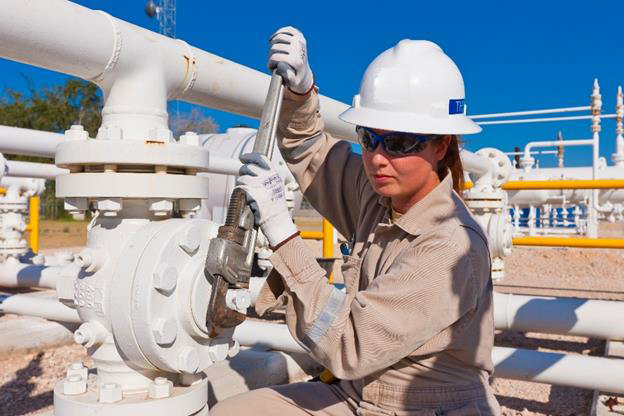
RE0212 : Excellence in Maintenance and Reliability Management
- Date : Dec 08 -Dec 12 / 3 Days
- Location : Istanbul, Turkey
- Course Details Register
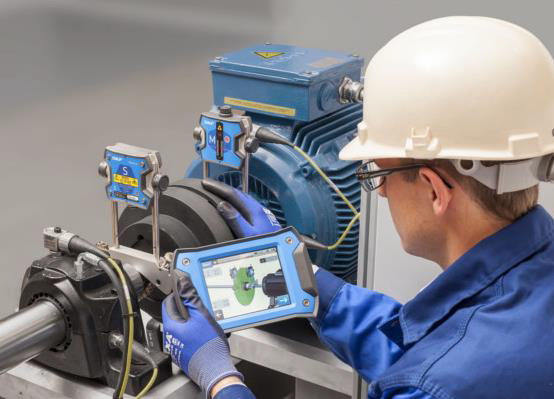
RE0190 : Practical Machinery Vibration Monitoring, Analysis & Predictive Maintenance: Vibration Techniques
- Date : Dec 09 -Dec 12 / 3 Days
- Location : Istanbul, Turkey
- Course Details Register
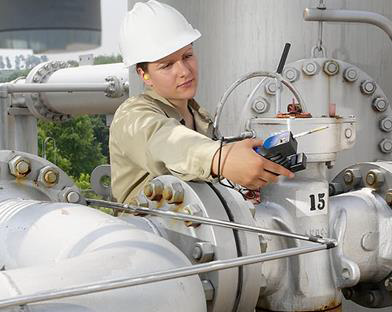
RE0921 : KPI in Maintenance & Reliability Management
- Date : Nov 18 -Nov 21 / 3 Days
- Location : Abu Dhabi, UAE
- Course Details Register
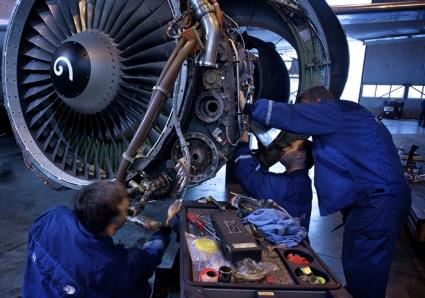
RE0082(AL4) : RE0082(AL4)
- Date : Nov 10 -Nov 14 / 3 Days
- Location : Dubai, UAE
- Course Details Register
